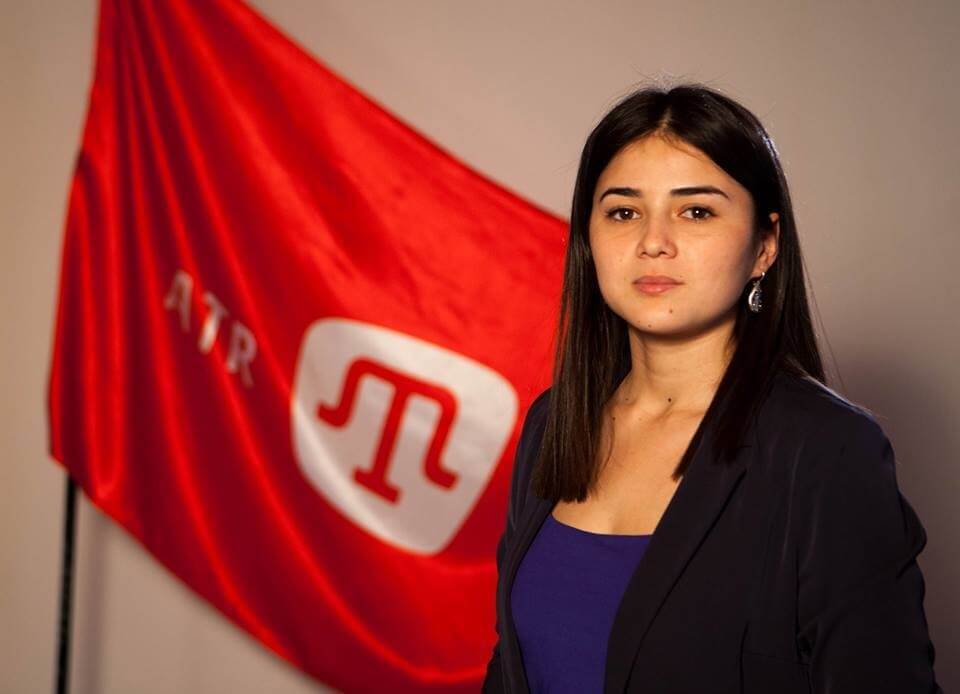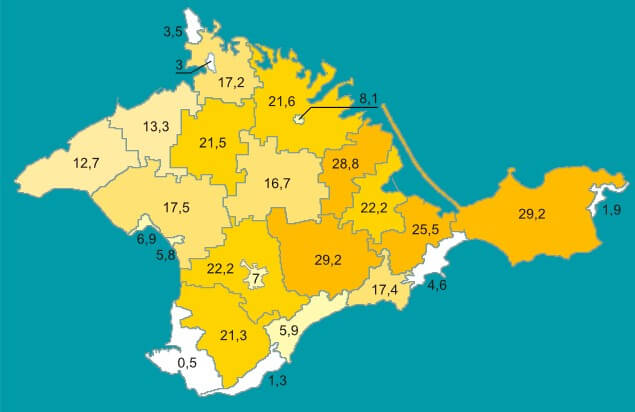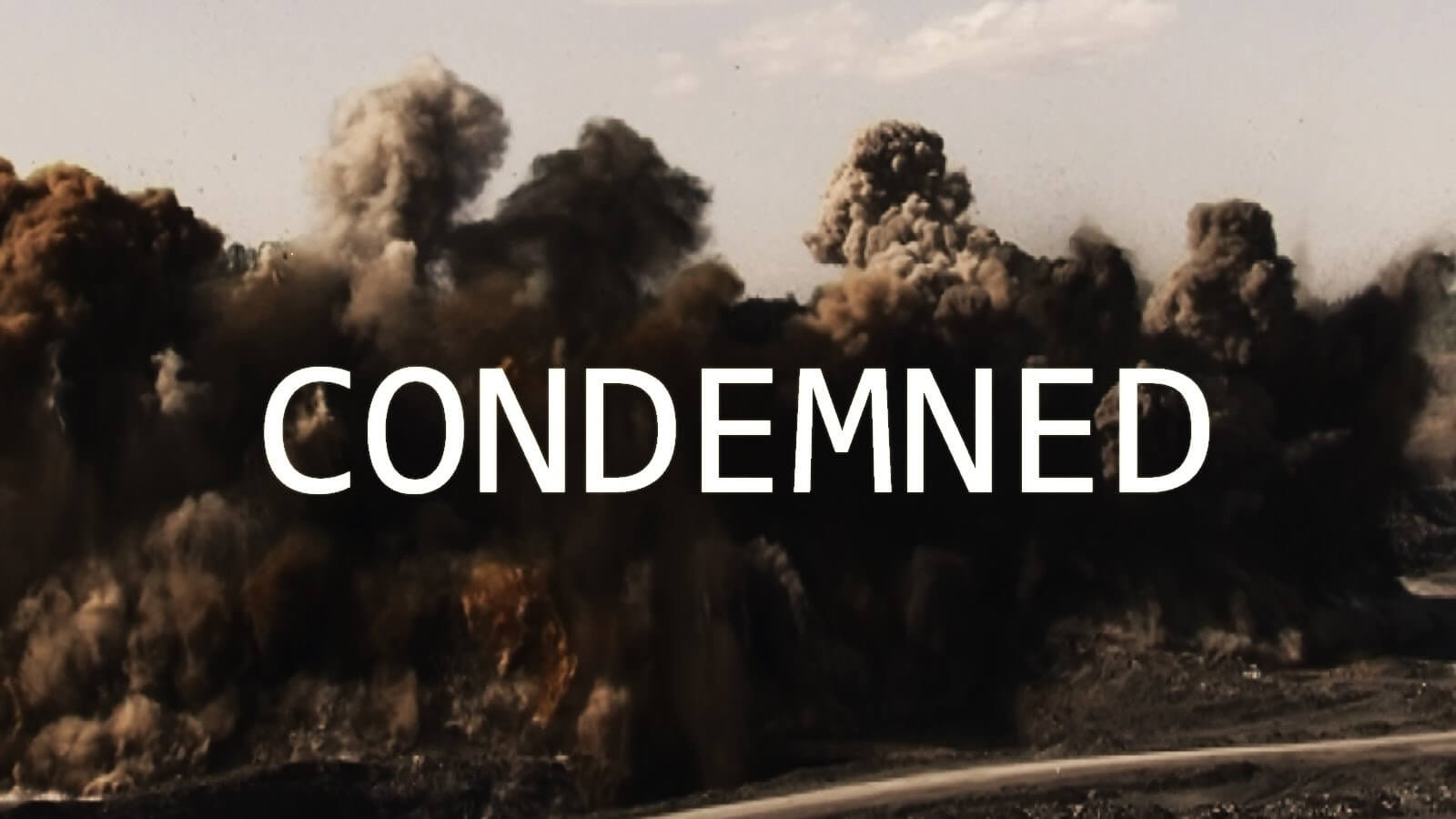More than 160 distinct peoples inhabit the territories of contemporary Russia. Forty of these peoples are officially recognised as the indigenous minority peoples of the North, Siberia and the Far East. These are groups of less than 50,000 members, who are able to preserve some aspects of their traditional ways of life and continue to inhabit their territories across the northern and asian parts of the country. In addition to these recognised groups, one more group is actively pursuing recognition, which continues to be denied, another is likely already extinct. Together, they number about 260,000 individuals, less than 0.2 % of Russia’s population. Ethnic Russians account for 80 %. Other peoples, such as the Tatars (approximately five million), are not officially considered indigenous peoples, and their self-identification varies between peoples.
Indigenous peoples are not recognised by Russian legislation as such; however, the constitution and national legislation set out the rights of “indigenous minority peoples of the North,” including rights to consultation and participation in specific cases. There is, however, no concept similar or alike to free, prior and informed consent (FPIC) enshrined in legislation.
Russia has not ratified ILO Convention 169 and has not endorsed the United Nations Declaration on the Rights of Indigenous Peoples. The country has inherited its membership of the major UN Covenants and Conventions from the Soviet Union: the ICCPR, ICESCR, ICERD, ICEDAW and ICRC. It also has ratified the Framework Convention on the Protection of National Minorities (FCNM) of the Council of Europe.International Work Group for Indigenous Affairs, The Indigenous World 2019




